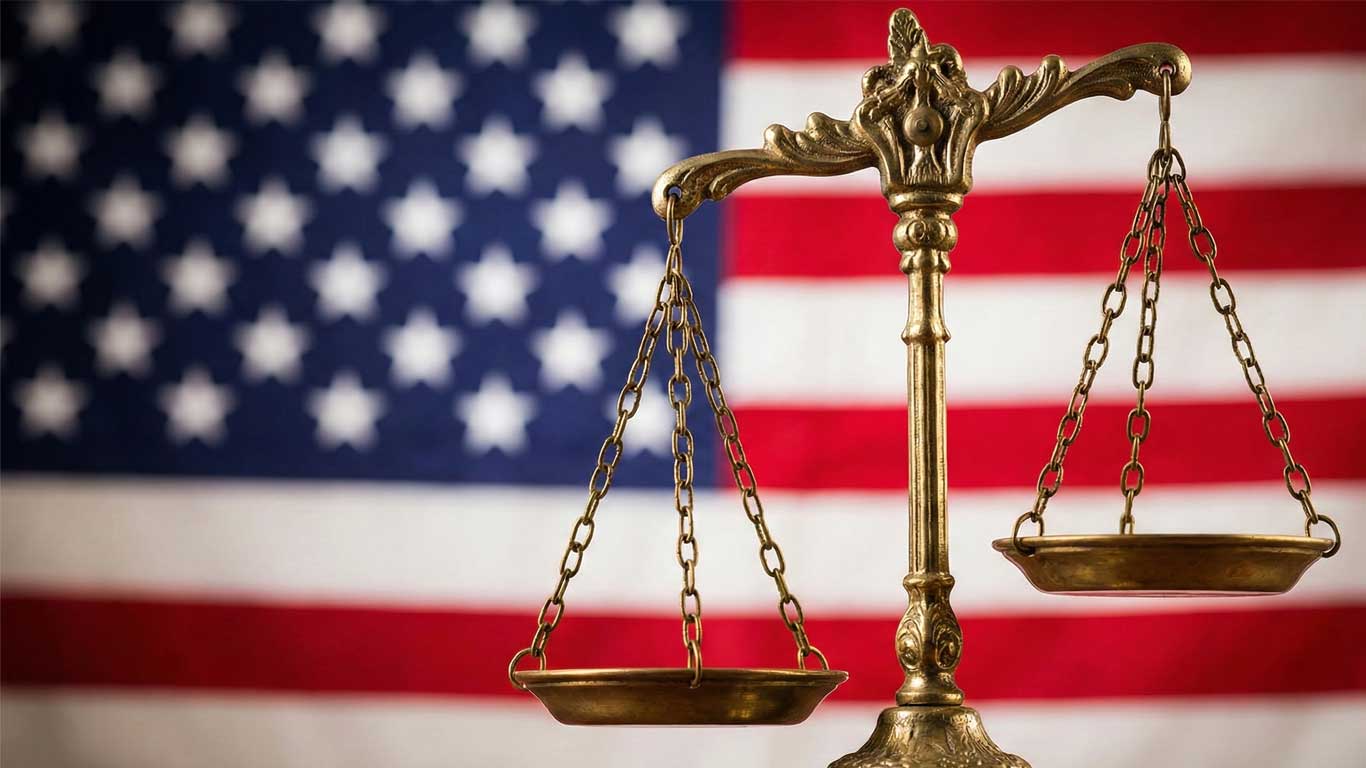
In a recent decision, the Tennessee Court of Appeals has affirmed a lower court’s ruling, dismissing a motion to have the trial judge recuse herself from a property tax exemption case. The appeal, filed by Senior Pastor Charles Dowell, Jr. and Priest Baldwin Hutchinson, centered on their belief that Chancellor I’Ashea L. Myles displayed bias during the proceedings.
The Core of the Dispute
The underlying case involves Straitway Truth Ministry (“Straitway”), which sought a property tax exemption based on religious grounds. The Macon County Assessor’s Office initially denied the exemption, and the State Board of Equalization upheld the denial. Senior Pastor Dowell and Priest Hutchinson, representing Straitway, then sought judicial review in the Chancery Court for Davidson County.
Procedural Hurdles and Allegations of Bias
The court proceedings hit several snags. The petitioners, Senior Pastor Dowell and Priest Hutchinson, raised objections to several of Chancellor Myles’ rulings, claiming they demonstrated bias. They specifically took issue with the following:
* The court’s order requiring them to serve the State Board of Equalization.
* The court’s insistence that Straitway obtain its own legal counsel.
* The court’s decision to allow Macon County to file a response to their motion for summary judgment, even though it was filed late.
* The court’s instruction to wait in the courtroom to receive service of Macon County’s responsive filing.
* The court’s denial of their motions seeking an immediate hearing, striking Macon County’s response, and granting summary judgment.
The petitioners argued these actions, and others, demonstrated Chancellor Myles was favoring the opposing side, the Macon County Assessor’s Office. They contended the judge was actively intervening in the litigation in a way that favored the defendants.
The Trial Court’s Response
Chancellor Myles denied the motion to recuse. In her order, she stated that the petitioners’ dissatisfaction stemmed from the procedural posture of the case, which she noted had largely been under their control and that of their counsel. She further explained that the court had gone “out of its way” to inform the petitioners and the church about what needed to be done procedurally to correct the defects in the case so that the record could be properly brought before the court.
The Appellate Court’s Decision
The Court of Appeals reviewed the trial court’s decision under a “de novo” standard, meaning they examined the issue anew, without giving any special weight to the trial court’s original decision. The appellate court found no reversible error in the trial court’s denial of the motion for recusal.
The appellate court emphasized that the petitioners’ arguments were based on what they perceived as legal errors made by Chancellor Myles. However, the court clarified that in a recusal appeal, the focus is on whether the trial judge showed judicial bias or the appearance of bias, not on whether the judge made errors in their rulings. The court noted that a judge’s rulings, even if adverse or erroneous, do not automatically indicate bias.
The appellate court found that the petitioners had not presented any evidence that would lead a reasonable, disinterested person to question Chancellor Myles’ impartiality. They had not pointed to any statements, relationships, or other facts showing the judge was predisposed against them. Instead, they cited alleged legal errors.
The court also pointed out that Chancellor Myles had not made any substantive rulings in the case. She had, in fact, informed the petitioners about what they needed to do to proceed with judicial review.
Key Takeaways from the Ruling
This case underscores several important points:
* Recusal is a Serious Matter: Judges have a duty to recuse themselves when their impartiality might reasonably be questioned. However, they also have a duty not to recuse themselves when there is no factual basis for doing so.
* Focus on Bias, Not Errors: A recusal appeal focuses on the appearance of bias, not on whether the judge made legal errors. Adverse rulings alone are generally not enough to justify recusal.
* Burden of Proof: The party seeking recusal bears the burden of proving that the judge’s impartiality might reasonably be questioned.
* Appearance of Justice: The legal system seeks to ensure not only that judges are impartial in fact, but also that they are perceived to be impartial.
The Outcome
The Court of Appeals affirmed the trial court’s denial of the motion for recusal. The case is now remanded back to the trial court for further proceedings. The costs of the appeal will be paid by Senior Pastor Charles Dowell, Jr. and Priest Baldwin Hutchinson.